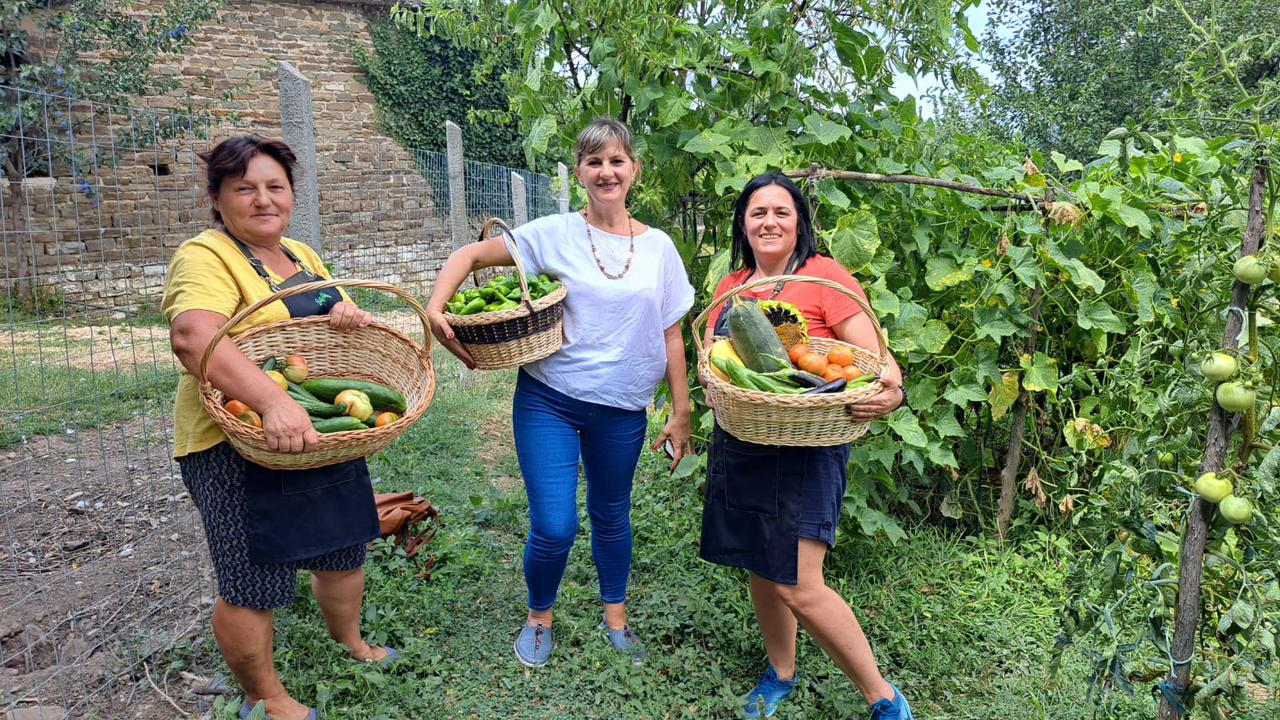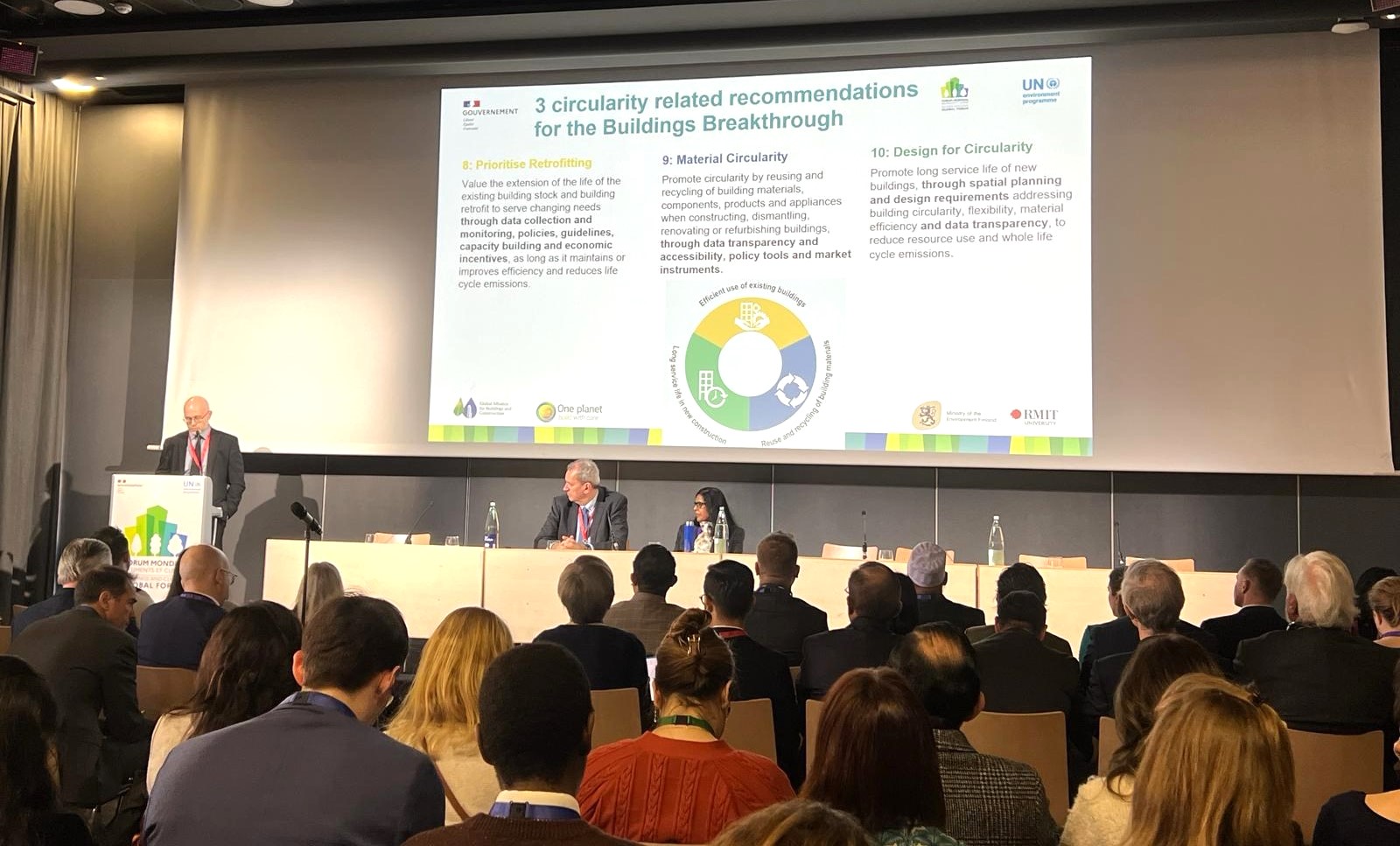Life Cycle Initiative launches report on single-use plastic bottles

Plastics is used for producing some of the most common types of beverage bottles. It has been estimated that about one million plastic bottles are sold globally every minute (Plastic Soup Foundation, 2020). The environmental impact of single-use plastic bottles has been widely discussed in society. For example, they are among the top single- use plastic products that have been found on beaches (DIRECTIVE (EU) 2019/904, 2019).
The report summarises current knowledge about single-use plastic bottles and alternatives that could potentially replace them from a functional and transportation point of view. The following alternatives are considered: glass bottle (single-use), aluminium can (single-use), carton laminated packaging systems (single-use), reusable steel and aluminium bottles, as well as non-container means for providing drinking water (see table below). Reusable glass bottles were considered in one study only as part of sensitivity analysis.
A series of other studies on single-use plastic products will be published throughout the year including on take-away food packaging as well as beverage cups. A high-level summary report for policy makers integrating the findings in previous studies will be published in October 2020 as an information document to the Fifth UN Environment Assembly (UNEA5).
This publication has been developed with the kind financial contribution of the Swedish Environmental Protection Agency.
The report is available for download here.
The Life Cycle Initiative
The Life Cycle Initiative is a public-private, multi-stakeholder partnership enabling the global use of credible life cycle knowledge by private and public decision makers.
Hosted by UN Environment, the Life Cycle Initiative is at the interface between users and experts of Life Cycle approaches. It provides a global forum to ensure a science-based, consensus-building process to support decisions and policies towards the shared vision of sustainability as a public good. It delivers authoritative opinion on sound tools and approaches by engaging its multi-stakeholder partnership (including governments, businesses, scientific and civil society organizations).
The Initiative facilitates the application of life cycle knowledge in the global sustainable development agenda in order to achieve global goals faster and more efficiently.
The news is orginally published on the LCI website.
Unsplash - Nick Fewings

